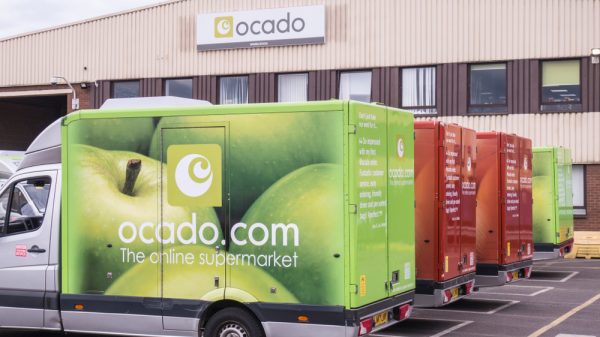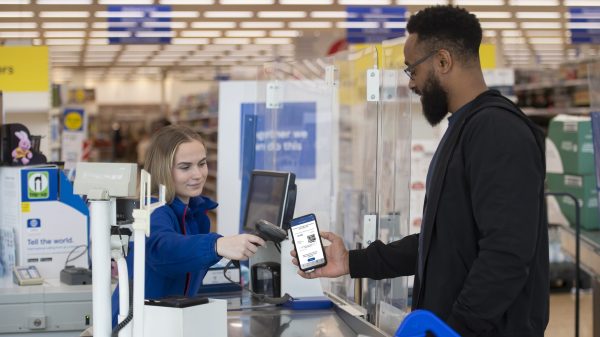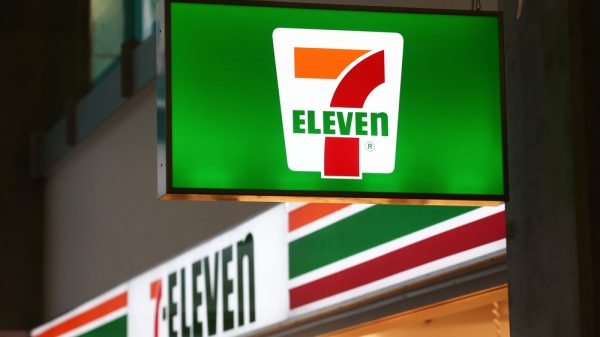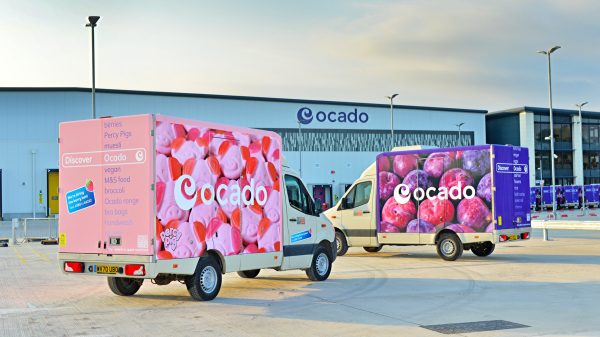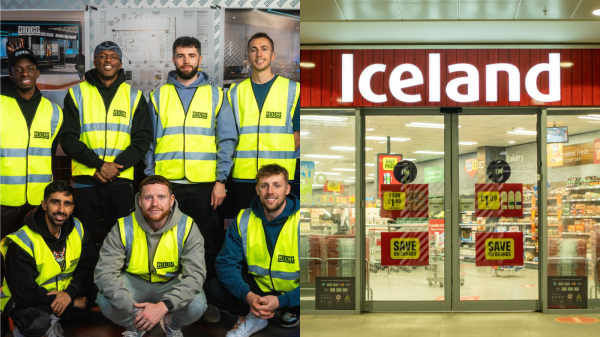New Unilever CEO Hein Schumacher has vowed to look at the FMCG giant’s decision to retain its Russian business as it comes under pressure to cease operations in the country.
The FMCG business had set that exiting the country was “not straightforward” as its operations would be taken over by the Russian state if it abandoned them.
However, it is now estimated that the firm is contributing £579m to the Russian economy annually, and has lead the firm to be named by Ukraine as an ‘international sponsor of war’.
Unilever is not the only food business still trading in the country. Grocery Gazette rounds up the grocery suppliers that have retained their business in Russia.
Subscribe to Grocery Gazette for free
Sign up here to get the latest grocery and food news each morning
P&G
Unilever’s big rival P&G had revealed in March last year that it would reduce its range in the Russian market and would only leave its health and hygiene products in the country. However, recent documents have revealed that P&G’s business still operates and develops in Russia.
In particular, the household chemicals plant, which is the world’s largest producer of detergents for P&G, and the factory for the production of blades and razors for Gillette, continue to trade on the territory.
P&G’s policies for business conduct state: “The Company is concerned not only with results but with how those results are achieved. We will never condone nor tolerate efforts or activities to achieve results through illegal or unethical dealings anywhere in the world.”
Nestle
Nestlé, the world’s largest food and beverage company, is still selling products in a range of Russian supermarkets, according to the Neue Zurcher Zeitung.
The same applies to Purina pet food, chocolate bars, along with baby and children’s food, which all suggest they were produced in Russian Nestlé factories on the label.
A recent update from the consumer goods brand said: “Since the outbreak of the war in Ukraine, we have drastically reduced our portfolio in Russia and implemented the actions we announced last March.
“We stand with the people of Ukraine and our 5,500 employees there.”
However, more 7,000 Nestlé employees in the country are at risk of being called to fight, due to Russian law requiring any business operating in the country to allow the conscription of workers if they are called on.
Bacardi
Drinks giant Bacardi has been added to Ukraine’s official register of Kremlin war sponsors after it emerged it was still selling in the country.
Bosses at the alcohol firm had announced it would “pause” imports and marketing investment in Russia last year in the wake of the Ukraine invasion, however, its goods were found to still be on sale.
Officials at the National Agency on Corruption and Prevention allege that the company has also imported Bombay Sapphire, Oakheart rum, Patron tequila and Martini vermouth.
The anti-corruption agency claims that Bacardi “assists in or contributes to the Russia’s war efforts” by paying taxes to Putin.
The Moral Rating Agency has called out Bacardi for being one of the worst cases of Russian complicity and accused the company of being a “barracuda”. It called for a global boycott of the drinks giant’s products in June.
Bacardi told The Daily Express: “Our priority is to ensure the safety and wellbeing of our people, especially those directly affected by the ongoing war in Ukraine. We are supporting our people in Ukraine with resources and services necessary during this time of great need.”
Shell
Energy giant Shell has continued to profit from the trade of Russian liquified natural gas (LNG) despite pledging to withdraw from the Russian market last year.
According to analysis from campaign group Global Witness, between March and December 2022, Shell traded 12% of Russia’s total LNG exports, with 8% of Shell’s LNG trade during this period originating from Russia.
However, Shell said the trades were the result of “long-term contractual commitments” and do not violate laws or sanctions.
The UK-based company has continued to trade in Russian LNG despite the British Government sanctioning “energy-related goods and services” derived from Russia in an effort to reduce Russia’s ability to finance the ongoing war in Ukraine.
Oleg Ustenko, an adviser to Ukrainian President Vladimir Zelensky, accused Shell of accepting “blood money”.

